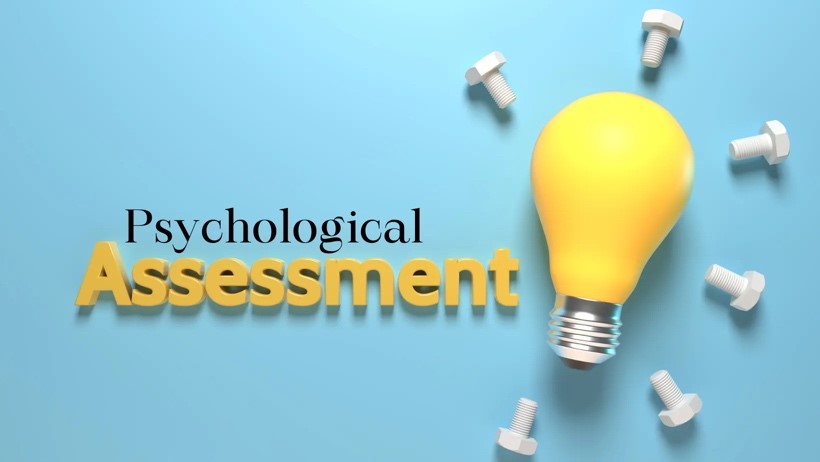
Classification of IQ index
IQ classification is a system used to categorize individuals based on their scores on standardized intelligence tests. These classifications aim to provide a framework for understanding the range of cognitive abilities present in the population and are often used in educational, clinical, and occupational settings. However, IQ classification is more than just a labeling tool; it has significant implications for how we perceive intelligence, address educational needs, and make psychological assessments. This essay explores the concept of IQ classification, its categories, and its broader implications.
Understanding IQ Classification
|
IQ classification is a system used to categorize individuals based on their scores on standardized intelligence tests. These classifications aim to provide a framework for understanding the range of cognitive abilities present in the population and are often used in educational, clinical, and occupational settings. However, IQ classification is more than just a labeling tool; it has significant implications for how we perceive intelligence, address educational needs, and make psychological assessments. This essay explores the concept of IQ classification, its categories, and its broader implications.
Understanding IQ Classification
IQ Classification Categories
Implications of IQ Classification IQ classification is not just a matter of assigning a label; it has real-world implications for individuals and society.
Criticisms and Limitation Despite its widespread use, IQ classification has been criticized for several reasons. One major criticism is that IQ tests may not capture the full range of human intelligence, such as creativity, emotional intelligence, or practical problem-solving skills. Furthermore, cultural and socioeconomic factors can influence test performance, leading to biases in classification. Additionally, the reliance on IQ classification can sometimes lead to stigmatization or undue pressure. For example, individuals classified as "below average" may face negative stereotypes, while those labeled as "gifted" may experience high expectations that can lead to stress or anxiety. Conclusion IQ classification provides a useful framework for understanding the diversity of cognitive abilities within the population. It has practical applications in education, psychology, and beyond, helping to tailor interventions and support to individuals' needs. However, it is important to recognize the limitations of IQ classification and to use it as one part of a broader assessment of an individual's abilities and potential. By doing so, we can better appreciate the complex nature of intelligence and ensure that all individuals receive the support and opportunities they need to thrive. |
IQ Classification Categories
 |
The categories in IQ classification are generally consistent across various IQ tests, although the exact labels and score ranges can vary slightly. The most commonly used classifications are as follows:
|
Implications of IQ Classification
IQ classification is not just a matter of assigning a label; it has real-world implications for individuals and society.
 |
1.Educational Placement and Support In educational settings, IQ classification is often used to determine appropriate placement in special education or gifted programs. For instance, students with intellectual disabilities may receive individualized education plans (IEPs) that provide tailored support, while gifted students may be offered advanced coursework to challenge their abilities. |
 |
2.Psychological Assessment Clinically, IQ classification helps psychologists diagnose cognitive impairments or developmental disorders, such as intellectual disability or learning disabilities. It also plays a role in understanding the cognitive profile of individuals with conditions like autism spectrum disorder or attention-deficit/hyperactivity disorder (ADHD). |
 |
3.Occupational and Social Implications IQ classification can influence career choices and occupational success. While IQ is not the sole determinant of job performance, it is often correlated with the ability to learn and perform complex tasks. Additionally, societal perceptions of intelligence, influenced by IQ classification, can impact self-esteem, social interactions, and access to opportunities. |
Criticisms and Limitation
Despite its widespread use, IQ classification has been criticized for several reasons. One major criticism is that IQ tests may not capture the full range of human intelligence, such as creativity, emotional intelligence, or practical problem-solving skills. Furthermore, cultural and socioeconomic factors can influence test performance, leading to biases in classification.
Additionally, the reliance on IQ classification can sometimes lead to stigmatization or undue pressure. For example, individuals classified as "below average" may face negative stereotypes, while those labeled as "gifted" may experience high expectations that can lead to stress or anxiety.
Conclusion
IQ classification provides a useful framework for understanding the diversity of cognitive abilities within the population. It has practical applications in education, psychology, and beyond, helping to tailor interventions and support to individuals' needs. However, it is important to recognize the limitations of IQ classification and to use it as one part of a broader assessment of an individual's abilities and potential. By doing so, we can better appreciate the complex nature of intelligence and ensure that all individuals receive the support and opportunities they need to thrive.

